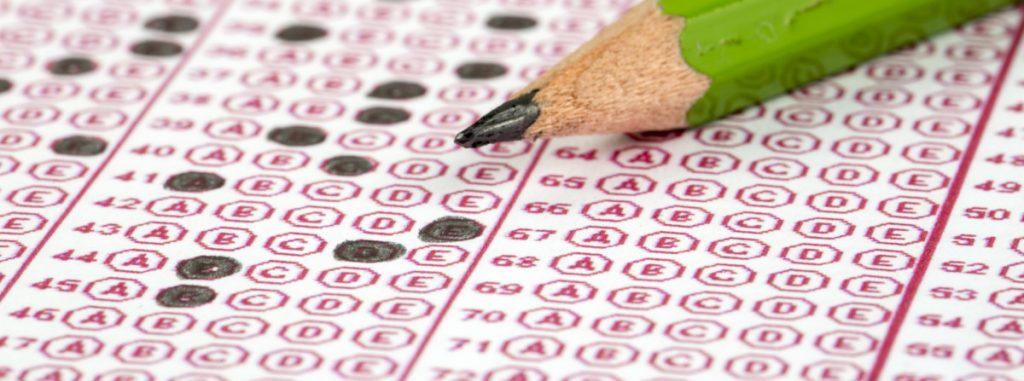
ATAR is on the way – what you need to know
Since 1992, the standard pathway to teritary studies via a Queensland school has been by obtaining an OP (Overall Position) score.
However, 2019 will be the last OP graduating cohort. Commencing in 2020, no OPs will be distributed. Instead, Year 12 students wishing to go onto tertiary studies will receive an Australian Tertiary Admission Rank (ATAR).
The main rationale from the State Government in undertaking this change was to bring Queensland in line with most other states and territories in Australia, who already use the ATAR system.
When a big change such as this occurs there’s often a mix of correct and mis-information that is received. In the interest of clarity and calmness, we thought we would identify the biggest changes and myths about the switch from OPs to ATAR.
Will I see big differences in Year 12 studies?
Not really. Under the OP system, students were required to complete at least 5 Authority subjects, to be eligible for an OP Score. Under ATAR, calculations are still based on results in the student’s best five subjects, however, there is only one compulsory subject area: each student must choose an English subject (English, Literature etc). The rest of the subjects a student chooses to prioritise is up to each student.
Perhaps the biggest change here though is the allowance for one of these subjects to be a Vocational Education and Training (VET) qualification or an Applied QCAA subject.
This approach recognises the role that VET plays in senior studies, while also ensuring that students have a sufficient breadth of academic subjects to cope with the demands of tertiary study.
This is great news for many St Paul’s students, as it allows even greater flexibility to enable students to create their own story.
What are the main differences between an OP and ATAR?
OP ranks are based on the results of five senior Authority subjects and give students a rank between one and 25 (with one being the highest score).
ATAR is far more precise as it scores students between 0 and 99.95 (with 99.95 being the highest).
This score is a percentile ranking of a student’s overall achievement out of all potential Year 12 school students. This group includes all ATAR-eligible and ineligible students, as well as those people not in senior schooling.
What about QCS?
The Queensland Core Skills test will be abolished. ATARs will be calculated by comparing student results only. Instead of the QCS test there will be a process of inter-subject scaling.
Currently, OPs are calculated by comparing results in Authority subjects as well as the results from the QCS test. The final QCS test will be held in 2019.
Under the new system, comparability of results between students in different schools will also be assured by the inclusion of common, external exams in each General subject. Students complete four pieces of assessment per subject. Of these, three will be school-based assessments and one will be externally set and graded. Importantly, in Science and Maths subjects, the value of the external exam will be 50% of the subject result, the other General Subject will have a 25% external exam.
What about this year’s Year 12s? Will they be disadvantaged?
Our 2019 Year 12s will get an OP and we promise they will receive the same support as all our past cohorts.
What advice do you have for students starting ATAR?
Our advice won’t change: pursue the subjects you want to pursue. Don’t choose something because you think you’ll rank better. Pursuing your passions and what your skillset aligns with will always result in a better score.
As always though, if you have any questions, please speak with your child’s classroom teacher or tutor.
